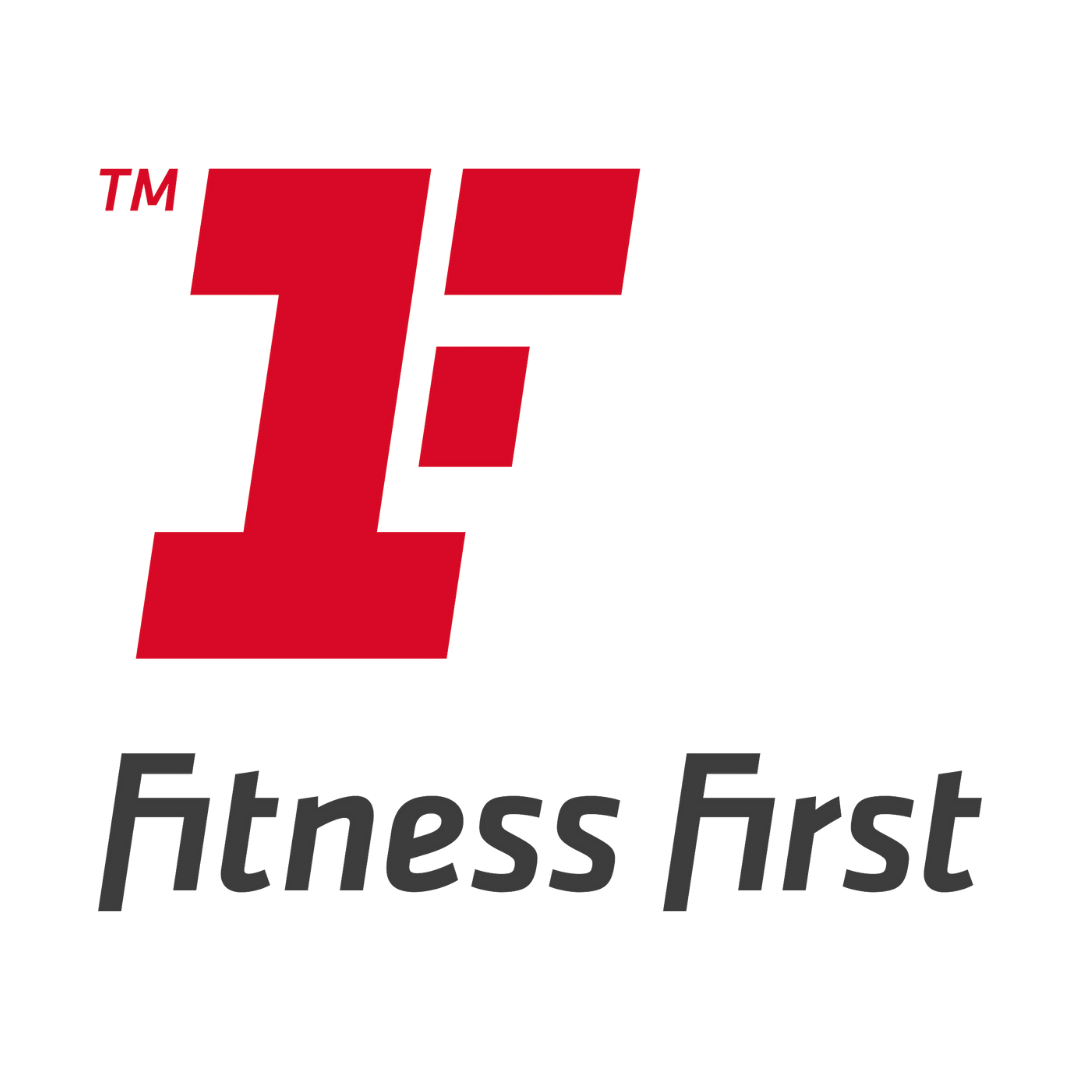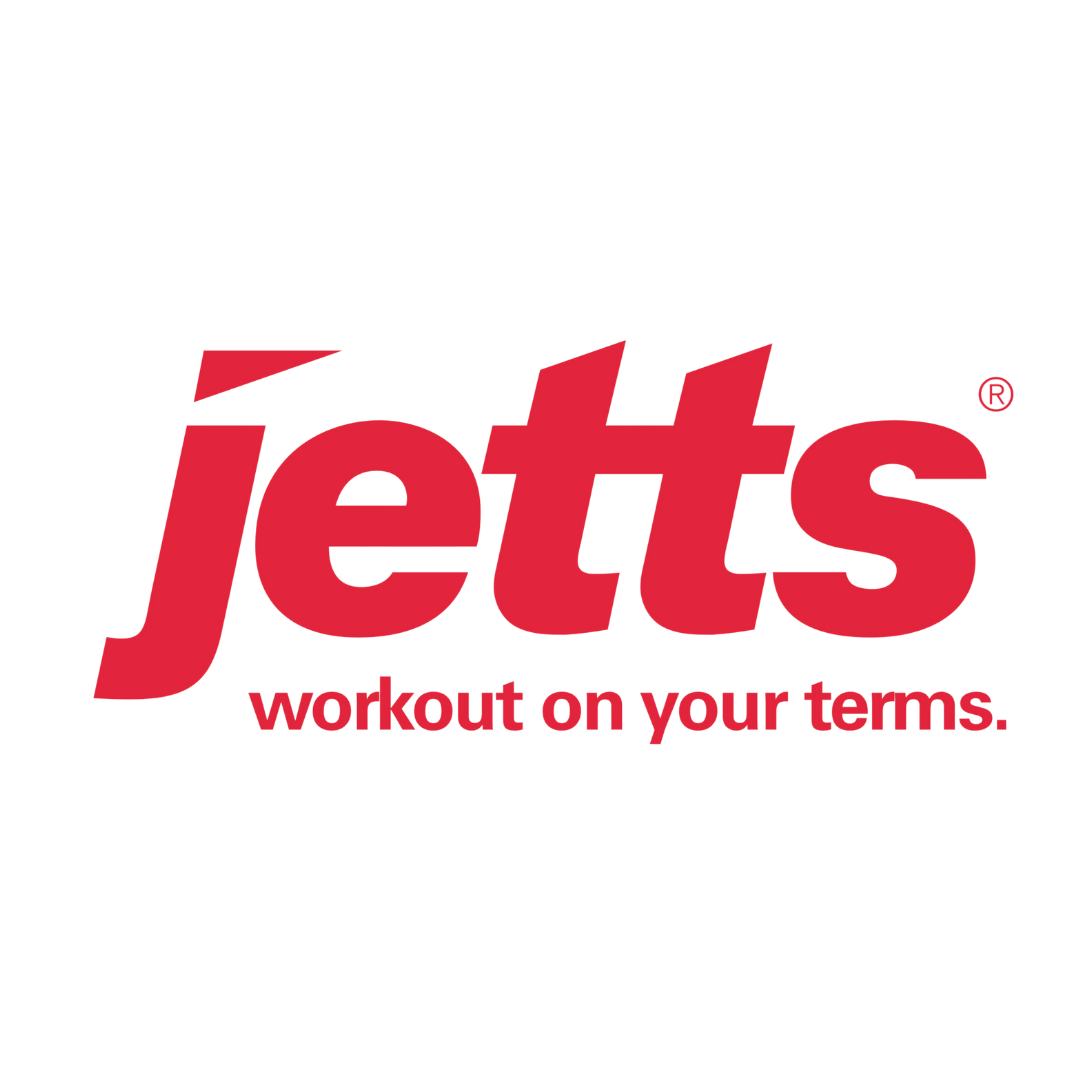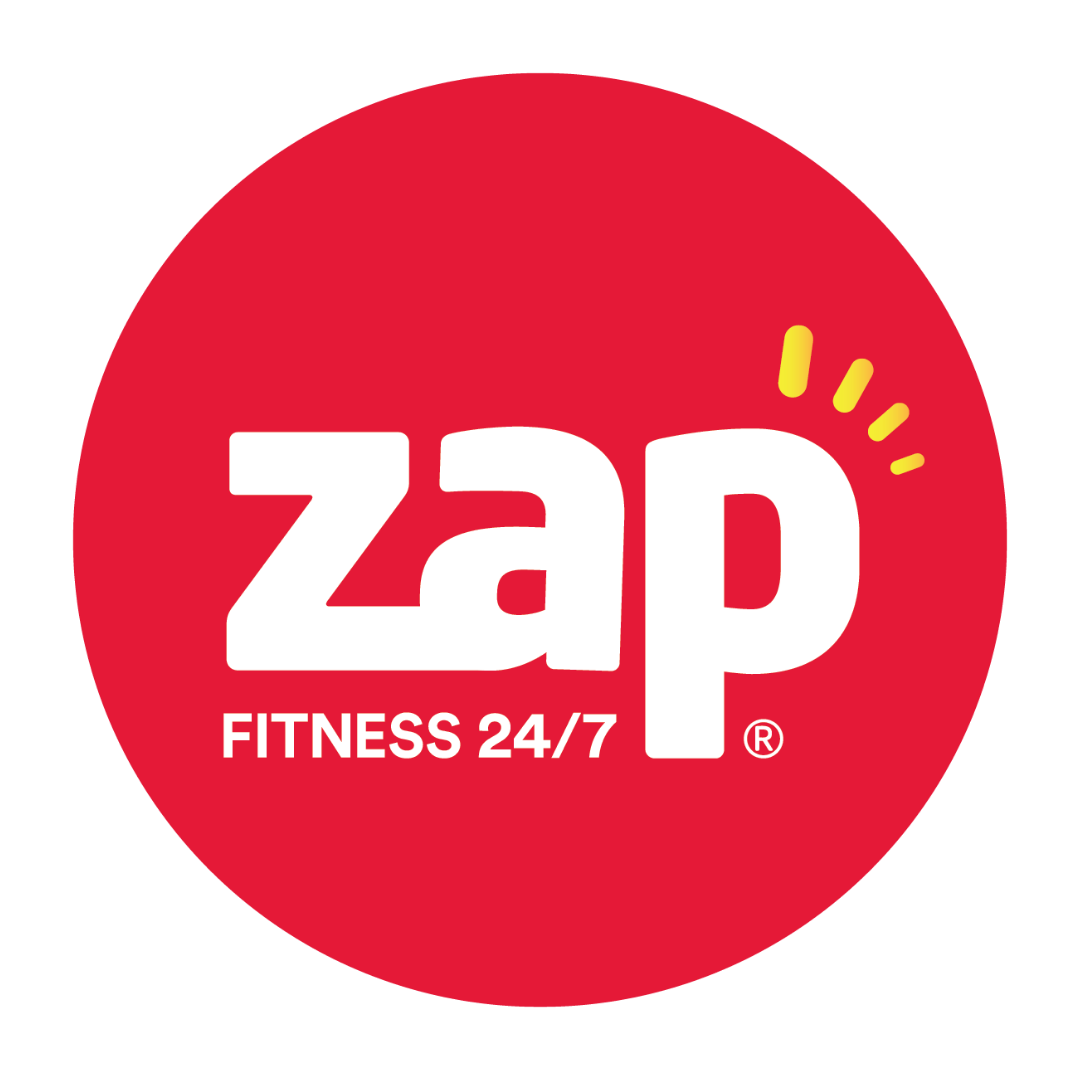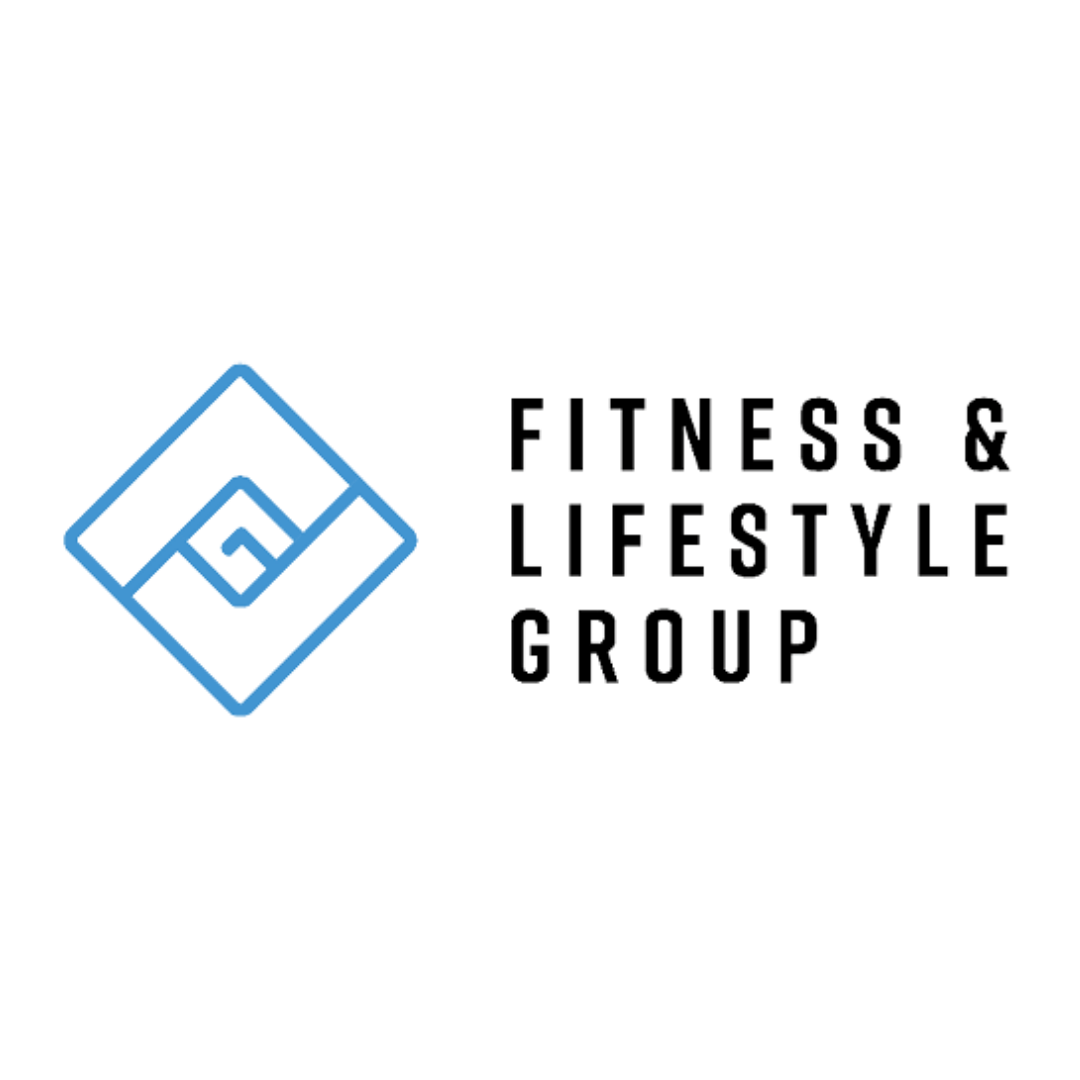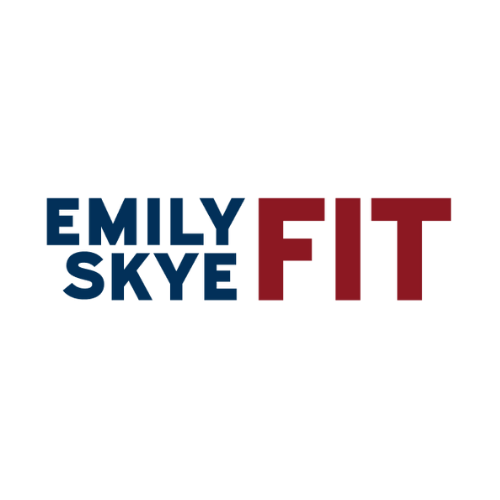Back to employers
Sports & Recreation
The sports and recreation industry is not just about entertainment – it also plays a crucial role in the well-being of all Australians!
When most people think about this sector, they immediately think about competitive sports, but there’s much more to it. Sports and recreation contribute to the physical and mental well-being of different communities in a variety of ways. It’s a rewarding industry to get involved in and the number of career pathways will probably surprise you!
Over 90% of Australian adults have an interest in sport, with 8.4 million adults and 3 million children participating in sport each year.
Most organisations within the sports and recreation industry are small to medium enterprises that work closely with the local community. These could be:
- Community sports and fitness centres or gyms.
- Professional sport and fitness facilities, such as stadiums.
- Professional athletes and competitive sports players.
- Sports coaching groups.
- Sports facilities management and groundskeeping.
- Sports nutrition, therapy and wellbeing.
- Sporting events management.
Skilled coaches, instructors and officials form a large component of this sector, but there’s a wide variety of other roles too. These include sports nutritionists, sports therapists, and sports psychologists, as well as sports event management, sports administrators and community wellbeing coordinators.
Recreational activities form an important part of Australian lifestyle and culture – it’s not just about sports played on the pitch! Swimming, canoeing, kayaking, hiking, mountain-biking – these are all big sub-sectors in the industry with job roles and career paths to go with them.
Depending on the role you pursue, there’s plenty of opportunities to take your career global. From coaching and umpiring to playing on teams or managing sporting events – these roles are typically in demand with skilled professionals able to take their expertise anywhere they want.
Entry into the sector is as varied as the roles available, so no matter what academic pathway you choose to pursue, there’ll be an opportunity to start with a retail and customer service career.
What You Could Do
Job roles in the industry are varied. Some areas may require specialist qualifications, particularly in sports coaching, events management and sports therapy.
There are also lots of opportunities to grow a career through entry-level positions. Here’s a look at some of the top jobs you could pursue:
- Sports Coach: Sports coaches usually specialise in a particular sport. The expertise required to coach a sport varies widely and can include experience as a voluntary junior coach through to an elite coach of a highly commercialised sport, such as AFL. Coaches are employed by sporting clubs and associations, government agencies, government-funded centres, holiday resorts and centres, swimming centres, health clubs, community institutions and educational institutions (for example, schools and universities).
- Personal Trainer: Personal trainers are experts in fitness training and work with people to help them reach their exercise and wellness goals. Personal trainers assess bodily strengths and weaknesses and create custom workout plans based on their client’s goals. They provide physical and mental guidance and monitor progress. They also make sure clients don’t get injured while training. Personal trainers can work with individuals or in small groups. They may work for gyms and fitness centres, or be self-employed.
- Recreational Facilities Management: Recreation facility managers are responsible for the day-to-day operations of a recreation facility. This could be a gym or fitness centre, a tennis court or sports field, or an indoor skydiving centre. Common duties include managing and training staff, interacting with clients or guests of the facility, and managing repairs and general maintenance.
- Sports Nutritionist: Sports nutritionist’s focus on providing guidance on the health and nutrition of athletes. Sports nutritionist’s need to be able to work with athletes on increasing their stamina and endurance, in addition to educating them on post-workout recovery techniques through the foods they consume and overall dietary needs. Common career options for a sports nutritionist include working in school athletic departments, wellness centres, and competitive sports teams.
- Sports Occupational Therapist: Sports therapists carry out assessments to evaluate injuries athletes may have got through their sport. They check the range of movement and the extent of injuries and to figure out whether or not they can return to training. Sports therapists also develop rehabilitation and treatment plans to help them to regain their fitness.
- Wellbeing Activities Coordinator: Wellbeing coordinators work within local community centres or fitness groups to provide advice and guidance to individuals within that community on wellness and health. They take a lead in planning regular activities that will suit a wide range of people, from parents with young children to teenagers, to elderly and disabled people. They work to empower community members to make informed choices about their health and provide opportunities to be active.
These job roles are only just scratching the surface!
Each industry segment will also include administrative and other support functions, including marketing, communications, human resources, and accounting.
Graduate Employment and Gender Split
A degree isn’t essential for every career pathway in the sports and recreation sector. Knowing what graduate employment looks like can help set your expectations and make further decisions.
A bachelor of sports science and exercise is a popular degree choice for anyone seeking to pursue a career in most sporting fields, including coaching and sports therapy. Health services and support degrees are also helpful for those interested in pursuing a career in sports nutrition or community health and wellbeing through sport.
The Graduates Outcome Survey tracks graduate employment across different industry sectors. Here’s a look at some degrees that could be a great starting point for this industry:
- Sport and Recreation Graduates in full-time employment: 52.4%
- Sport and Recreation Graduates in employment overall: 82.4%
- Health Services & Support Graduates in full-time employment: 67.2%
- Health Services & SupportGraduates in employment overall: 83.4%
Keep in mind that this doesn’t account for graduates working part-time and/or who may have continued to higher studies; these are promising percentages!
*Figures from 2020 survey results.
Gender Split
The gender split across the industry depends on the segment of the sector you work within, but current research indicates that it is pretty male-heavy. This is especially true in competitive sports coaching:
Many sporting organisations are working to address the gender imbalance across the industry at this level.
There does tend to be a higher percentage of women in the sector in wellbeing and community-based sports or recreational roles.
Average Salary
Current surveys in the sector indicate the median salaries for full-time roles in this industry as:
- Entry-level Sport Coach Roles: $60-$75,600
- Experienced Sport Coach Roles: $72-$120,000
- Recreational Facilities Manager: $82-$117,000
- Sports Therapist: $776-$108,000
- Wellbeing Activities Coordinator: $59-$75,000
Salaries can be pretty varied, with lower expectations for entry-level roles. Salaries are also determined by several factors, including:
- The segment of the industry you work within.
- Your job title and seniority.
- The amount of experience you have.
- Location, some rural areas may pay less than roles in main cities.
Industry Growth
According to the Australian Industry and Skills Committee, around 1.5 million individuals work across the sport and recreation industry in varied roles.
A key growth area in the industry is personal trainers, who provide one-on-one and small-group fitness training, which has seen annual growth in jobs of 4.9% since 2018. More gym chains are available than ever before, and the advancement of delivering fitness programs online has seen these job roles boom.
Across Australia, some areas have been identified as having strong growth but low numbers of skilled and qualified professionals becoming available. This includes swimming coaches and instructors, sport development officers, sports administrators, and specialised sports coaches.
Demand for these positions is expected to stay strong in the future, so if a career in sport is appealing to you, these might be roles worth considering.
Sports and recreation have evolved considerably over the years, not least due to technological advances. This has opened up some new career areas to pursue, including sporting events management and marketing, online coaching development (including web page development and app development), and public relations and customer service roles.
Qualifications and Entry Pathways
Entry pathways are varied and will depend heavily on the type of role you want to get into.
Vocational education and training (VET) courses can offer specialised and valuable springboards into sport and recreation careers.
Some of the courses on offer include:
- Certificate III in Sport and Recreation
- Certificate IV in Sport and Recreation
- Diploma of Sport and Recreation Management
- Certificate II in Sport Coaching
- Certificate III in Sport – Athlete
- Certificate IV in Sport Development
- Diploma of Sport
- Certificate IV in Outdoor Leadership
- Diploma of Outdoor Leadership
You can also pursue many roles in the sector through:
- Scoring an apprenticeship or traineeship: You can start a school-based apprenticeship or traineeship from Yr 9 and work to gain industry-specific qualifications alongside your certificate of education and work experience.
- Work experience once you leave school: If you leave school at 16, you can apply for work experience and school-leaver programs in entry-level positions and work your way up over time. Many of these organisations will also support you to gain further professional qualifications. You’ll need a strong skill set and good grades in Maths and English as a minimum.
Requirements will depend on the type of role you want and the company – so make sure you do some research.
Whatever your circumstances, grades or preferred way forward – there’s a qualification pathway that will work for you.
Best Places to Study
Where you choose to study will be dependent on a range of factors, but some universities are rated higher than others for specific subjects.
Here are the top-rated Australian universities for sport, recreation and exercise studies:
- The University of Technology Sydney
- The University of Western Australia
- Deakin University
- The University of Sydney
- University of Queensland
Want to Learn More
You can find out more about different career pathways and the sporting sector overall through professional bodies and organisations advocating for careers in the industry.
Some good places to start include:
And many more!
Each state will also have several professional organisations that can help you learn more about the industry, network, and develop your career.
